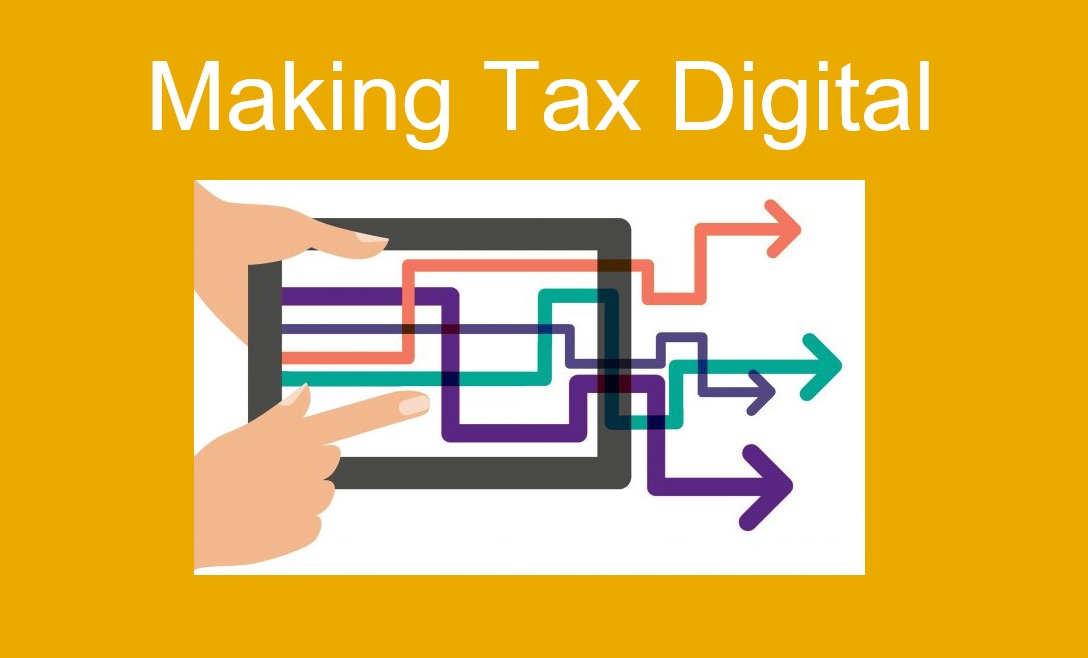
Fraud and scam protection for your business
Companies House incorporate and dissolve limited companies. They register company information and make it available to the public.


Companies House incorporate and dissolve limited companies. They register company information and make it available to the public.

Making Tax Digital (MTD) for Income Tax will apply to sole traders, property landlords and certain other businesses with gross turnover and/or property income over £10,000 a year and will commence in April 2024.

The talent shortage continues to place a burden on the economy. As companies struggle to find the talent they need, now is the time to invest

This generous tax break has reportedly resulted in abuse of the system. HMRC have recently paused some repayments while they investigate an increase in irregular claims.

HMRC are reminding sole traders and partners who have received Self-Employed Income Support Scheme (SEISS) grants that there are potentially penalties of up to 100% of amounts overclaimed in certain circumstances.

HMRC have also issued new guidance on the penalties that they impose for non- compliance with the Making Tax Digital (MTD) for VAT rules.

In the Spring Statement 2022, the UK Government announced an increase in National Insurance thresholds affecting the 2022 to 2023 tax year.

Investors who are not connected with the company may claim income tax relief of 30% of the amount that they invest in qualifying EIS companies up to £1 million each tax year

HMRC have issued guidance for VAT-registered business and their agents on how to avoid penalties for non-compliance with the Making Tax Digital for VAT (MTD) rules.

HMRC have recently updated their guidance for companies looking to attract investors to buy shares in their company and this blog post outlines tax-efficient finance for your company.

On the 4th-5th June 2022, Client Manager, Mikey took part in a charity hike in The Cateran Yomp. A 54-mile hike in 24 hours across rural Perthshire.

The Government’s Recovery Loan Scheme (RLS) launched on the 6th of April 2021 and allows businesses of any size to get up to £10million

A recent study by the Federation for small businesses (FSB) shows lending to small businesses has hit an all-time low. New findings from the quarterly Small Business Index (SBI) show successful finance applications plummeting to lowest level on record.

Workplace Charging Scheme: The UK Government is now offering help to businesses with the upfront costs to install charge points.

As an employer providing business or private expenses for your employees, you have certain tax, National Insurance and reporting obligations.

Normally a residential rental property would be subject to a 28% capital gains tax (CGT) rate on its disposal. However, if it qualifies as a furnished holiday let (FHL) then the capital gains tax rate can be reduced to 10% by taking advantage of Business Asset Disposal Relief (BADR). It may be possible to make a non-FHL into an FHL for the two years prior to disposal and then enjoy BADR on the whole gain.

When a married couple or civil partners separate, tax planning is understandably not at the top of the list of their thoughts. However, a ‘no gain/no loss

Many employers and employees have been putting in place salary sacrifice arrangements to give up some of their contractual salary in exchange for additional pension contributions or an electric company car.

The Employment Allowance (EA) is a £5,000 allowance set against employer National Insurance Contributions (NICs) and has to be claimed each tax year by qualifying employers.

P11D forms for reporting expenses and benefits in kind provided to employees and directors in 2021/22 need to be submitted by 6 July 2022.

The shortage of semiconductors has meant long delays in the delivery of new cars. This has caused many company car drivers to choose a second hand car instead, but what are the tax consequences?

The Employment Allowance (EA) is a £5,000 allowance set against employers National Insurance Contributions (NICs) and has to be claimed each tax year if the employer qualifies.

Treasury Starts Conversation to Reform UK Capital Allowance Regime

High energy usage businesses, such as steel and paper manufacturers, are set to receive further support for electricity costs as the UK government has confirmed details of the Energy Intensive Industries (EII) compensation scheme.